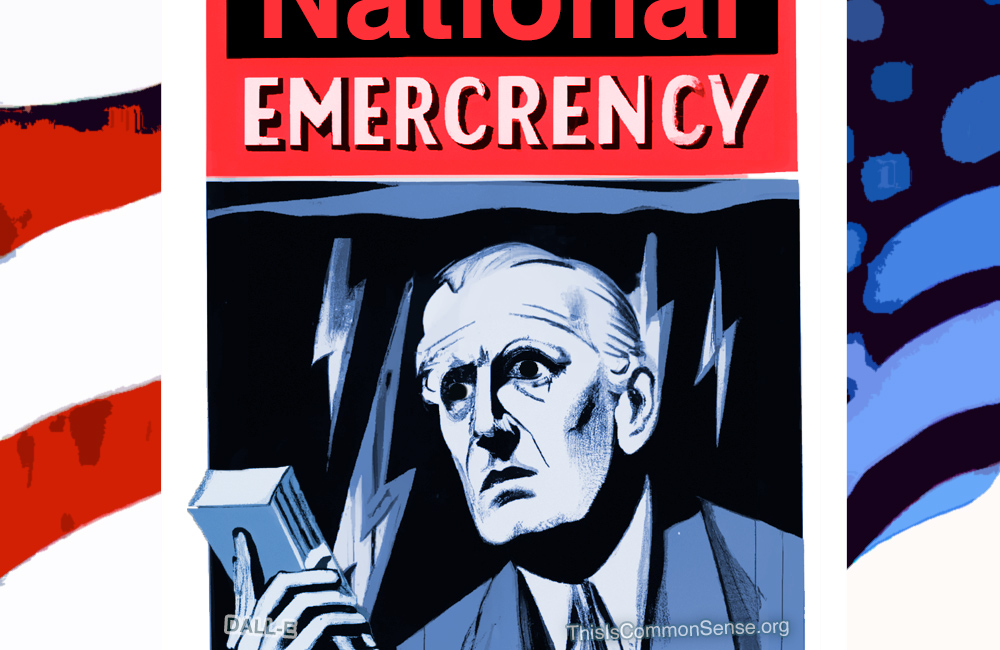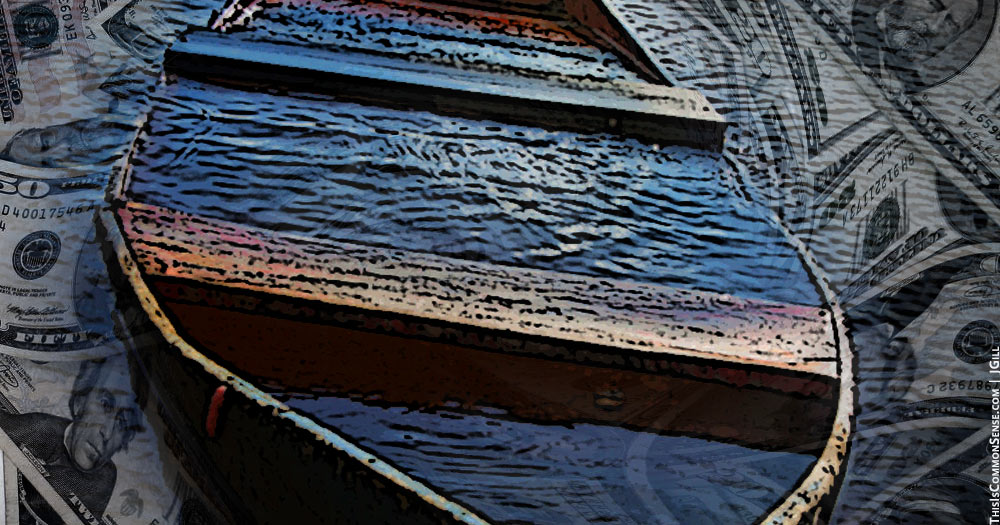When Biden panders to his lower-income supporters, he targets zeroing out their student debt and regulating credit card companies with further restrictions on their ability to charge for overdrafts and the like.
When Trump panders to his lower-income supporters, he promises to exempt tips from income taxation, as he did recently in Las Vegas.
This may be the most obvious difference between left- and right-styles in politicking to the masses, good-ol’-fashioned vote-buying or its twin: leftists forgive debts and add regulations, rightists reduce taxes.
Like me, you may, at first blanch, prefer the latter form of pandering, but Eric Boehm, at Reason, offers some reasons not to look so kindly on Trump’s pandering. First, and most obviously: “Reducing revenue without identifying offsetting spending cuts means Trump is merely promising to borrow more heavily.”
A bigger challenge comes later: “On the surface, that sounds great. But there’s already one likely unintended consequence: A lot more income will suddenly be reported as tips. Any time a government gives preferential tax treatment to one type of economic activity, you tend to get a lot more of that type of economic activity. Does that mean we’ll have an entirely tip-based economy?” The answer is a likely No.
Oddly, Mr. Boehm doesn’t address one obvious element: Tips aren’t wages and they aren’t profits. Tips are gifts. They aren’t determined by employers and they aren’t specified by employees. And gifts aren’t taxed as income like other income is.
So letting people who accept tips in the course of their labors not pay taxes on them is really, really hard to object to.
In fact, I don’t object.
This is Common Sense. I’m Paul Jacob.
Illustration created with PicFinder and Firefly
See all recent commentary
(simplified and organized)
See recent popular posts






